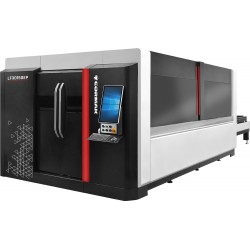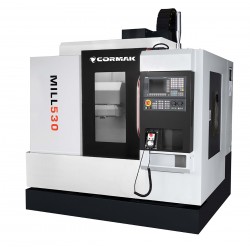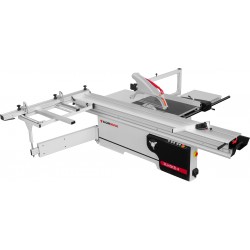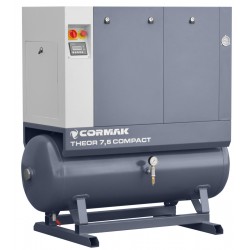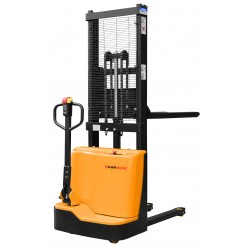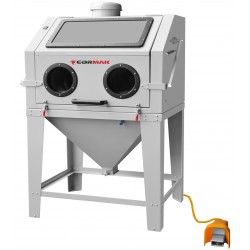Computer Numerical Control (CNC) has revolutionized manufacturing globally, ushering in a new era of precision, efficiency, and automation. While not a new technology, CNC continues to evolve and is finding applications in more industries. From automotive to aerospace, from medical equipment production to creating architectural elements, CNC machining centers have become an indispensable tool in modern production processes.
1. Automotive and Transportation
In the automotive industry, where precision and repeatability are crucial, CNC machining centers enable the production of high-tolerance parts. Components such as engine blocks, gearboxes, and suspension parts are manufactured with extraordinary precision, contributing to the performance, safety, and durability of vehicles.
2. Aerospace
The aerospace industry demands adherence to strict standards and regulations. With CNC capabilities, manufacturers can create complex parts from lightweight materials like titanium and aluminum alloys, which are critical for the efficiency and durability of aircraft.
3. Medicine
CNC machining centers are also used in the medical field, where precision directly impacts patients' health and lives. Implants, surgical instruments, and complex medical devices are produced with absolute precision, ensuring reliability in critical medical applications.
4. Electronics
In electronics manufacturing, where components are often microscopic, CNC allows for precise and fast creation of essential parts that are critical for modern gadgets and communication devices.
5. Construction and Architecture
CNC is also utilized in construction, especially in the creation of complex structural and decorative elements. The ability to quickly prototype and produce custom parts allows architects and designers to realize even the most ambitious projects.
6. Art and Craft
Artistic applications of CNC demonstrate that this technology is not limited to typical industrial sectors. Sculptors and designers use CNC to create intricate works of art that would take much longer to produce using traditional methods.
Questions and Answers
-
What are the main benefits of using CNC in various industries? The main benefits include significant improvements in precision, reduced production time, greater repeatability, and the ability to automate processes.
-
Is CNC technology accessible to small businesses? Yes, the development of CNC technology and the reduction in equipment costs make these solutions accessible even to small businesses.
-
How does CNC machining differ from traditional machining methods? CNC machining offers higher precision, is faster, and allows for automation, which is difficult to achieve with traditional methods.
-
Are there limitations to CNC machining? Despite its many advantages, CNC machining can be limited by the cost of investment, the need for specialized training, and material limitations.
-
What future trends may influence the development of CNC technology? Future trends include integration with technologies such as 3D printing, artificial intelligence, and automation, which will further enhance CNC's capabilities and production efficiency.
Conclusions
CNC machining centers are not just the future of industrial production; they are already its present. Their adaptability across various industrial sectors makes them invaluable in today's rapidly changing economy. As technology continues to develop, we can expect even greater penetration of these systems into new industries, opening up new opportunities for innovation and growth.

